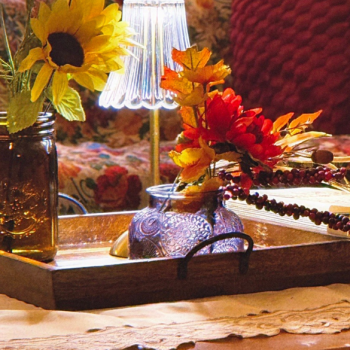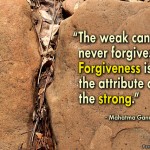
As I’ve said before, I believe those of us on a non-traditional, non-evangelical, even non-Christian spiritual path are shy about sharing our beliefs with other people.
For fear of being judged.
For fear of losing friends or family.
For fear of proselytizing.
Maybe even for fear we’re wrong.
So when is it a good idea to share your ideas about spiritual truth with someone, and when is it better left unsaid?
I’ve come up with a rule of thumb, but let me elaborate first on why we’re shy, why people who have deep and profound experiences of the Presence might hesitate to share their point of view.
First:
When I was in seminary, we were warned about “metaphysical malpractice.”
That’s when you confront a sick person with, “How did you create this?!”
That’s when you’re so chipper and positive, insisting that someone will find gifts in their trauma, they want to slug you.
I understand why we don’t do that. On the other hand, the fear of being inappropriate or hurtful can keep us from saying something that might actually help.
Second:
One of the things I’ve learned about myself recently — and maybe this is true for you, too — is that I over-anticipate arguments. That is, I expect people to tell me I’m wrong or push back against my ideas or suggestions.
This fear has slowed the writing of my books and blogs, and it haunts me when I’m working on talks. What will the critics say? What will someone who’s truly in pain think about this? Won’t it sound glib? Isn’t this a platitude?
If I had been paying attention, I might have noticed hardly anyone argues. If they disagree, they don’t say anything directly to me, except for the occasional blog comment.
The whole world really is not picking apart my way of thinking. I’m lucky if anyone pays attention. (So thanks for reading this!)
I hereby release my expectation that people will argue with me.
That said, I don’t have a fundamentalist family or evangelical neighbors I talk to on a regular basis. I live in a bubble of spiritual-but-not-religious people who are open to all kinds of ideas.
THE RULE OF THUMB
So here’s how I’ve worked out when to share those ideas and when not to:
In short, if someone already thinks the way I do, then reminders might be comforting. But if the ideas are new to them, it’s probably not the right time.
Let’s say someone has experienced an unexpected death in the family.
No matter what their beliefs (or mine), I would first offer sympathy and support. Pain is pain, no matter how big a picture of Life you might hold.
Then, if it’s someone I know is on a similar spiritual path to mine, I might offer some reminders: Our souls leave the planet when they have finished what they came to do. Their parting could be a gift to you.
I’ve been surprised how comforting that is to people who already believe it, even in the direst of circumstances. It’s a lifesaver they can hang onto, even when they’re up to their necks in grief.
With someone who sees all death as tragedy, however, or who probably has never heard of death as a soul decision, I’d offer sympathy, then invite them to talk.
To “meet them where they are” does not mean conforming my ideas to theirs. But I can let them tell me the meaning they make of the event, in their own vocabulary, reflecting their own beliefs.
I’ve also learned that How could God let this happen is usually not a theological question that demands an answer, but merely an expression of pain and confusion in the midst of the human experience. A deeper conversation might come later, but it’s not called for in the immediacy of loss.
So it boils down to WHO and WHEN. Is it someone already familiar with your way of thinking, who shares your ideas? And is this the time for a discussion about the great cosmic scheme of life, or simply a time for comfort and support?
TAKE A CHANCE
The remaining question is what to say when you have no idea what a person believes. In that case, I take a chance on sharing my thoughts, if the moment seems right.
I used to shy away from it. But when I’ve had the courage to speak up, I have found so many people are hungering for new ways to think about life and death, illness and loss, pain and sorrow. They are not comforted by what they learned in church, if they’ve ever been to church, and they don’t know other views are available.
I think it never hurts to suggest — gently, at an appropriate time — there’s a larger picture we can’t see, and we are never alone in our human pain.
We don’t have to understand the mysteries of life to convey the principles we do know: the benevolent presence of what we might call God, our own spiritual capacities, and the oneness of all life.
Have you had experience with this? Has someone ever shut you down when you tried to comfort them with your way of thinking?
I’d love to hear how you handle it.
















